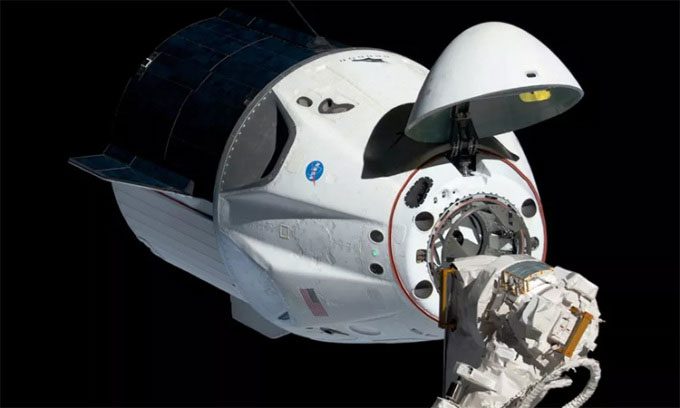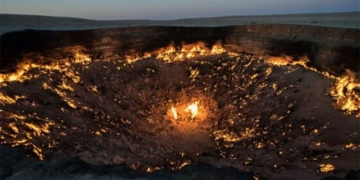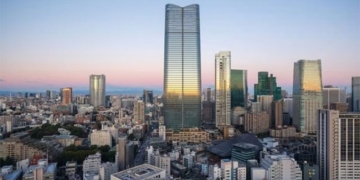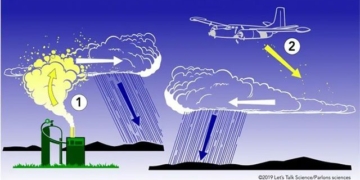NASA Plans to Use SpaceX’s Spacecraft to Transport at Least Two Russian Astronauts to the International Space Station (ISS).
NASA is currently negotiating to add Russian astronauts to Crew-7 and Crew-8 – the next two missions to send crews to the ISS, Space reported on March 7.

SpaceX’s Crew Dragon spacecraft arrives at the International Space Station (ISS). (Photo: NASA).
The agreement to send a Russian astronaut on the Crew-7 mission, scheduled to launch this fall, is currently being discussed with the Russian government, after which it will return to NASA for a final agreement, Kathy Lueders, deputy manager of NASA’s space operations, stated during a meeting following the successful launch of Crew-6 on March 2.
Lueders further explained that the U.S. and Russia continue to launch “integrated crews” on each country’s spacecraft in case Russia’s Soyuz or U.S. commercial crew vehicles cannot be used for an extended period. Negotiations for Crew-8 are also underway, with this mission expected to launch no earlier than 2024.
NASA previously relied entirely on Russia to send astronauts into orbit. The agency retired its shuttle program in 2011. For nearly a decade, all crews traveling to the ISS used the Soyuz spacecraft, regardless of nationality, and NASA had to pay for each seat on the vehicle.
NASA is preparing two commercial crew spacecraft to replace its old shuttles. SpaceX’s Crew Dragon carried its first crew in 2020. Boeing’s Starliner – referred to as a “space taxi” – has faced several delays in development but is expected to conduct its first crewed test flight this spring.
The Russian space agency Roscosmos may participate in SpaceX’s commercial crew flights through seat exchange agreements negotiated before the crew assignment. Meanwhile, NASA continues to send U.S. astronauts on the Soyuz, but less frequently. The Starliner is not currently included in the Russia-U.S. seat exchange agreements, but Boeing plans to add Russian astronauts after certification missions take place in 2024, according to Lueders.
The integrated Crew-6 does not include any Russians, but features the first astronaut from the UAE, Sultan Al Neyadi, who is conducting a long-term mission in space. The Russian astronauts participating in Crew-7 and Crew-8 have not yet been specified. However, on March 1, Roscosmos announced plans to send two astronauts who have not previously been to the ISS: Konstantin Borisov for Crew-7 and Alexander Grebyonkin for Crew-8.




















































